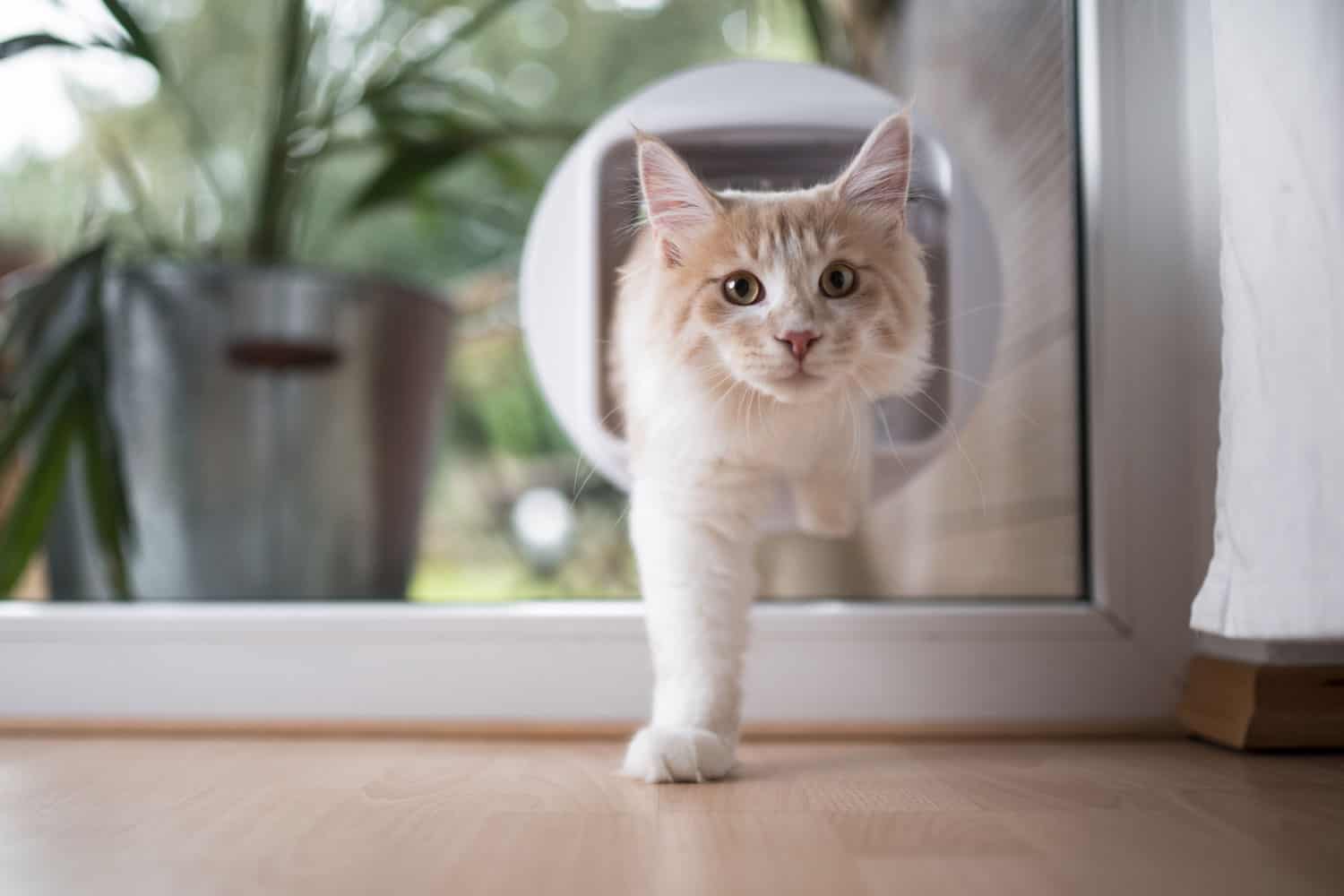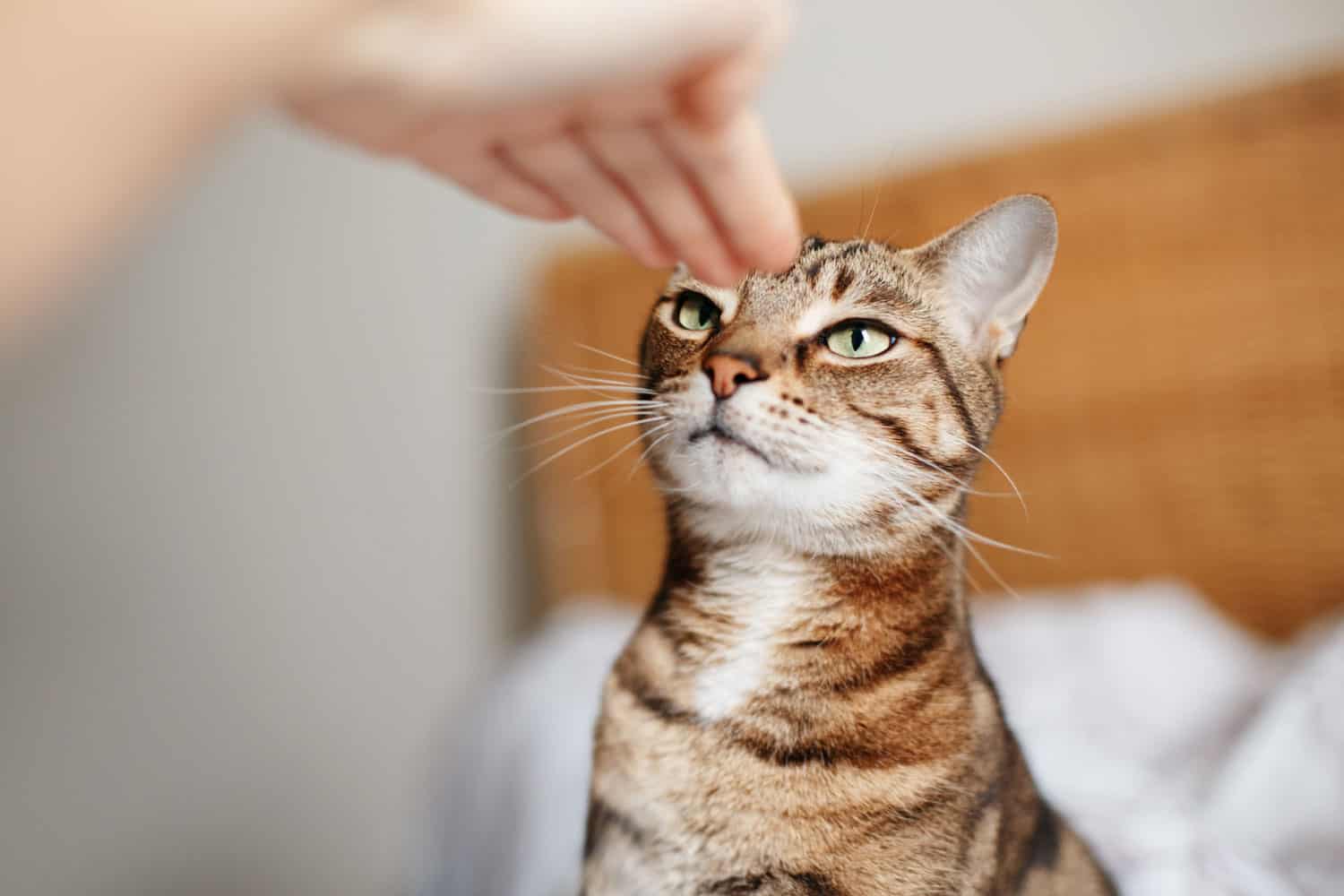Cats are fascinating creatures, often displaying unique behaviors and forming strong bonds with their human families. One question that often arises among cat owners and enthusiasts is whether cats actually know their names.
Research suggests that cats have the ability to recognize and respond to their own names, as they can associate the sound of their name with positive or negative experiences.
However, it is important to note that cats may not necessarily perceive their names as a personal identity but rather as a specific cue or command from their humans.
Do Cats Recognize Their Names?
Cats can recognize their names, but they may not react to them the same way dogs or humans do.
Cats are known for their independence and selective hearing. However, they possess the ability to associate certain sounds, like their names, with specific outcomes or events.

Training and repetition are essential when teaching a cat to recognize its name.
Consistently using a cat's name during positive interactions, such as feeding, petting, or playing, will help the cat develop a connection between the sound of its name and something pleasurable.
Over time, the cat may begin to respond to its name more reliably.
While cats can learn to recognize their names, their response is quite different from that of a dog. Cats may choose not to respond immediately or may simply glance in the direction of the person calling them.
This behavior is typical of their independent nature and does not necessarily mean they have not acknowledged their name.
Remember, in order to improve your cat's name recognition, use a consistent tone and volume when calling them, and always make sure to provide positive reinforcement.
This will help strengthen the association between their name and your intention of seeking their attention.
How Cats Respond to Their Names
Cats are known for their independent and sometimes aloof nature, but they can still form strong bonds with their human companions.

One question many cat owners have is whether or not their cats recognize and respond to their names.
In this section, we will explore how cats may respond to their names through vocalizations, physical movements, and eye contact.
Vocalizations
Cats may respond to hearing their names by giving a variety of vocalizations, such as meows, purrs, or chirps.

These sounds can differ depending on the individual cat, their mood, and their level of familiarity with the person calling them.
Some cats may meow more excitedly when they hear their names, while others may just purr softly in acknowledgment.
Physical Movements
When a cat recognizes its name, it may exhibit physical movements such as head tilting, ear twitching, or tail swishing.

Some cats might even get up and move toward the person calling them, especially if they associate their name with receiving food, treats, or affection.
But it's important to note that not all cats will consistently respond in this way since their reactions can depend on various factors, including their individual personalities and current surroundings.
Eye Contact
Another possible response a cat might have to hearing its name is making eye contact with the person calling them.

When a cat recognizes its name and focuses its gaze on the caller, it can be a sign of acknowledgment.
Cats also rely on nonverbal communication, so it is helpful to pay attention to their other responses, such as physical movements and vocalizations when trying to understand whether they have recognized their names.
Factors Affecting Name Recognition
When it comes to cats recognizing their names, training, and repetition come into play.
Training
Training plays a significant role in helping cats recognize their names. While cats are independent creatures, they can still learn to associate sounds and words with actions or events.

By using positive reinforcement, such as treats or praise, owners can train their cats to associate their name with a reward, making it more likely for them to respond when called.
But it's important to remember that each cat is an individual, and their training progress may vary.
Repetition
Repetition is crucial for cats to learn their names. Consistently using your cat's name in various contexts, such as during feeding or playtime, can help strengthen the association between the name and your pet.

Over time, your cat will begin to recognize their name as a specific sound that relates to them. Make sure to use the name frequently, but also be patient, as every cat learns at their own pace.
Tone of Voice
The tone of voice indeed plays a crucial role in how cats respond to their names. Cats are not only sensitive to their owners' emotions and intentions, but they can also distinguish between different human voices.
When calling your cat's name, it's beneficial to use a positive and welcoming tone. This approach can help your cat associate their name with pleasant experiences.

However, it's also important to be consistent with your tone. If the same tone is associated with negative experiences, such as a bath or being put into a carrier, it could elicit a negative response from your cat.
For instance, using a high-pitched voice while rewarding your cat can create a positive association. But if that same high-pitched voice is linked to something your cat dislikes, it may lead to a negative reaction.
In essence, the tone and context matter. By maintaining a positive tone and associating it with enjoyable experiences, you can increase the likelihood of your cat responding positively when called by their name.
In Closing
Cats have unique ways of understanding and communicating with humans. They may not always respond to their names like dogs do, but this doesn't mean they don't know or recognize their own names.
Studies have shown that cats can actually distinguish their owner's voice and the sound of their name.
Cats tend to be more independent and may not always respond when called. Their behavior could also be influenced by their personality and past experiences.
It is essential for cat owners to provide a consistent and loving environment for their furry friends, as this will help strengthen the bond and improve the cat's ability to recognize and respond to its name.
While cats may not always show it, they have the ability to recognize their names.
Building a strong bond with your cat, being patient, and using a consistent tone of voice when calling their name can help improve their responsiveness.
So, the next time you call your cat's name, don't be too surprised if it gives you a little glance or acknowledgment that it knows you're talking to it.
Read more:
Are Ragdoll Cats Talkative Or Vocal?
Cat Owners’ Journey to Understanding And Kindness
Some elements on this page may have been created by our team using advanced AI to provide you with top-notch cat inspired ideas. Read more about our AI Content Policy.
